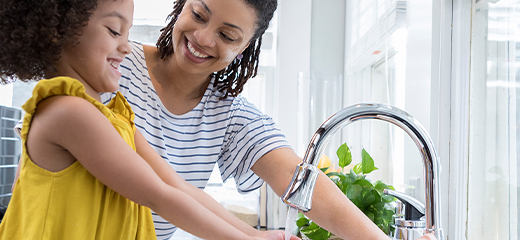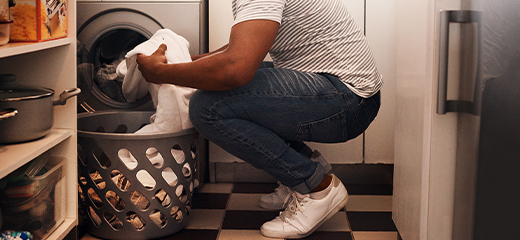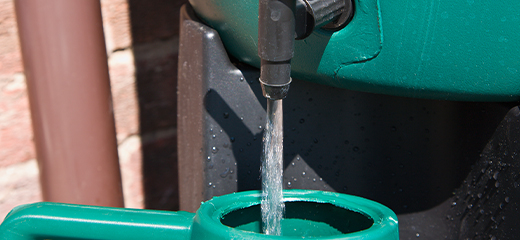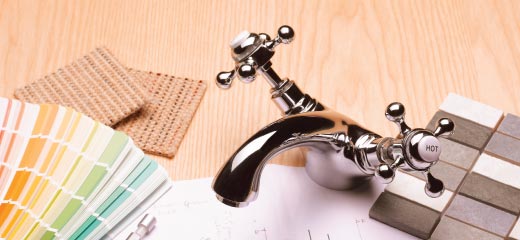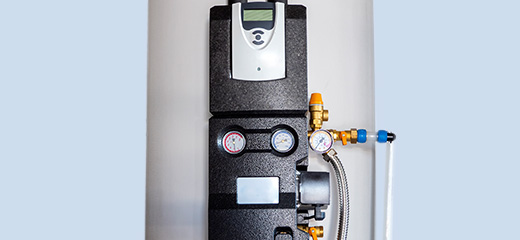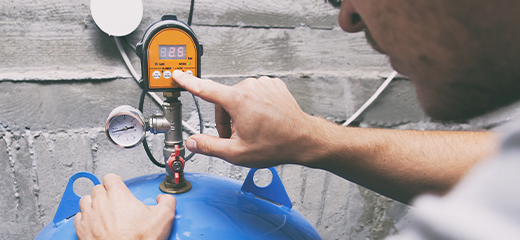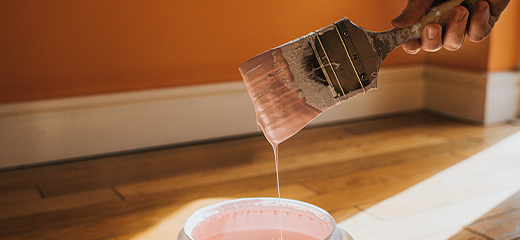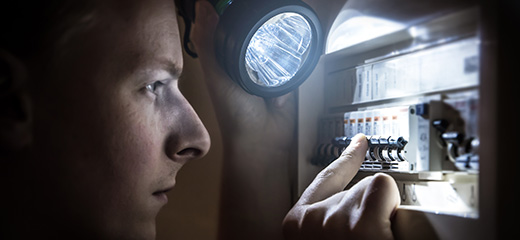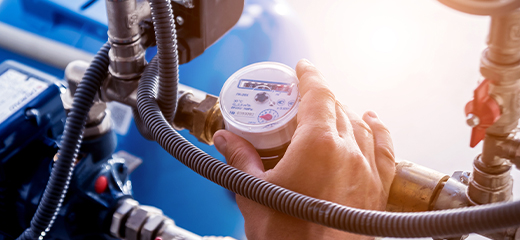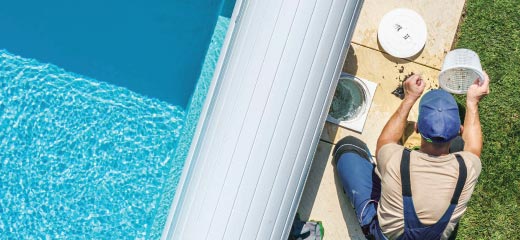
Frequently asked questions: Plumbing
Your home’s plumbing is an area you might not think of until something goes wrong. However, many plumbing problems build up over time. Knowing when to call in a plumber could save you money on water consumption, repairs and damage costs.
When installed properly, plumbing tends to have a long lifespan. However, some levels of maintenance are still required and at times an expert is required to deal with complex matters.
What can I do myself?
There are many plumbing tasks that homeowners can do themselves. These include changing tap washers, keeping an eye out for leaks and water damage, and keeping the areas around taps, baths and basins properly sealed.
Perhaps the most important thing a homeowner can do is to closely monitor water consumption. Rising water usage not only drains your bank balance, it also alerts you to potential problems with your home’s plumbing.
What are the common causes for plumber call-outs?
Plumbers are in high demand and are trained to deal with a number of problems that can arise in a home. The most common reasons for a call to a plumber include:
- Leaky taps or pipes
- Burst pipes
- Clogged drains
- Leaking toilets
- Blocked toilets
- Blocked sewer
- Sewerage smell
- Leaking or inefficient geyser
- Burst geyser
While you might be tempted to try and deal with these problems yourself, be sure you know what you are doing as harsh chemicals and ill-advised DIY fixes can result in widespread damage and expensive repairs which are not covered by your insurer.
When do I need to call an emergency plumber?
Residential plumbing gets most use outside of office hours, so it is unsurprising that plumbing problems often arise at night or over the weekend. Most plumbers offer emergency services, but these will often come with an after-hours surcharge.
If you’re unsure whether your plumbing problem can wait until the next working day, ask yourself these questions:
- Can I isolate the water supply to the problem area, or have I had to turn the water off at the mains?
- Is the problem close to any electrical outlets?
- Is the problem resulting in significant water wastage?
- Does the problem involve a burst pipe or geyser?
- Is your sewerage line blocked or your toilet overflowing?
- Is the problem a health risk to your family?
- Will waiting until the next working day result in more damage?
Why is my water consumption so high?
If your water bill keeps going up, despite all your efforts to reduce your consumption, it is time to call a plumber.
Many plumbers offer a leak detection service which makes use of specialised devices to identify leaks in your roof, walls and even underground. Catching these hidden leaks early will keep your water bill down and prevent structural damage to your home.
Can I put in new plumbing myself?
If you’re adding on to your home or just sprucing up you may be tempted to try doing the plumbing yourself to save on costs. While changing a tap or mixer may be an easy DIY project, putting in new pipes and outlets should be left to the experts.
What is a plumbers compliance certificate?
A plumber’s certificate of compliance (COC) gives you the peace of mind that an installation or the home’s plumbing is in good condition and meets proper standards.
These are especially useful when buying or selling a home and should be insisted on when geysers, solar water installations and heat pumps are repaired or installed.
How do I choose a plumber?
With so many options to choose from, it can be difficult to decide which plumber is best for your needs.
Consider these tips when making your decision:
- If the price seems too good to be true, then be cautious. Significantly lower prices could indicate the plumber is not qualified, charges more once on the job, or is part of a criminal syndicate looking to gain entry to your property.
- Make sure your plumber is qualified and check their registration with the Plumbing Industry Registration Board.
- Ask family, friends and neighbourhood groups for recommendations.
